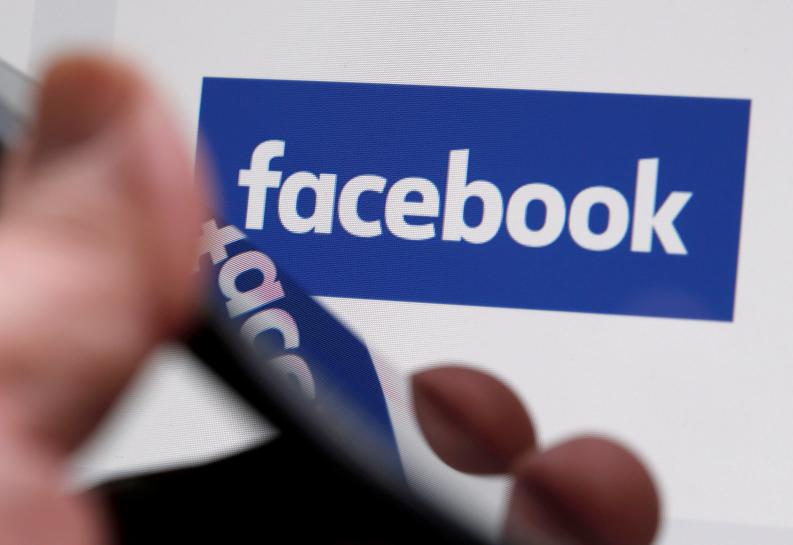Responding to criticism for its leniency on fake news, Facebook (NASDAQ:$FB) has responded by tightening its network advertising policy. The new standards will take immediate effect, making it clearer which publishers can earn money, and on what.
Facebook’s COO, Sheryl Sandberg, has long been Facebook’s toughest critic on hate speech and safeguarding privacy. The company, together with Alphabet’s Google (NASDAQ:$GOOGL), accounts for around two fifths of internet advertising, which is speculated to grow by 13% to $205 billion this year — officially overtaking the likes of traditional television.
Marketing executives have criticized Facebook for failing to ensure that digital ads distributed to its more than 2 billion active users reach their intended audience. Meanwhile, others have criticized Facebook for its inadequacy on tracking ads, which were often placed adjacent to content that is detrimental to the brands being promoted.
On Wednesday, Facebook officially stated that it would partner with Media Ratings Council to seek accreditation on audience measurement services.
Sandberg iterates: “We hear their concerns about safe environments, about standards, about measurement, and this is critical to us. We’re working hard to roll things out that give you more control over where ads run, and more knowledge about where your ads run, before, during and after the campaign.”
So what does this mean now? Firstly, if you want to publish ads on Facebook, the first standard to pass is that the content must be authentic, not offensive and adhere to its guidelines. For instance, content that reflects “family entertainment characters engaged in violent, sexualized, or otherwise inappropriate behavior.” will be disallowed.
Facebook will also step up its monitoring of hate speech, adding 3,000 content reviewers to nearly double the size of its existing team.
Featured Image: twitter










